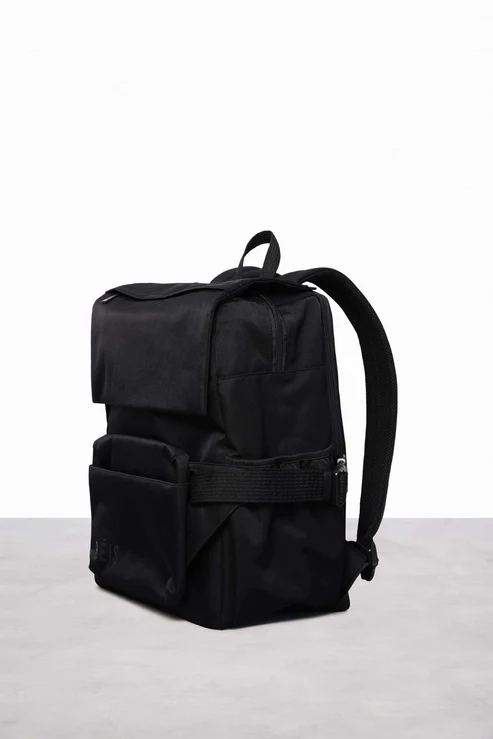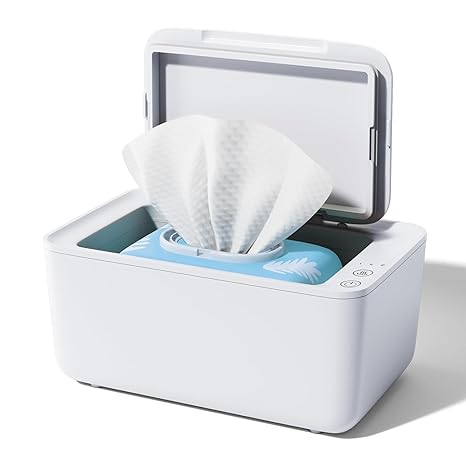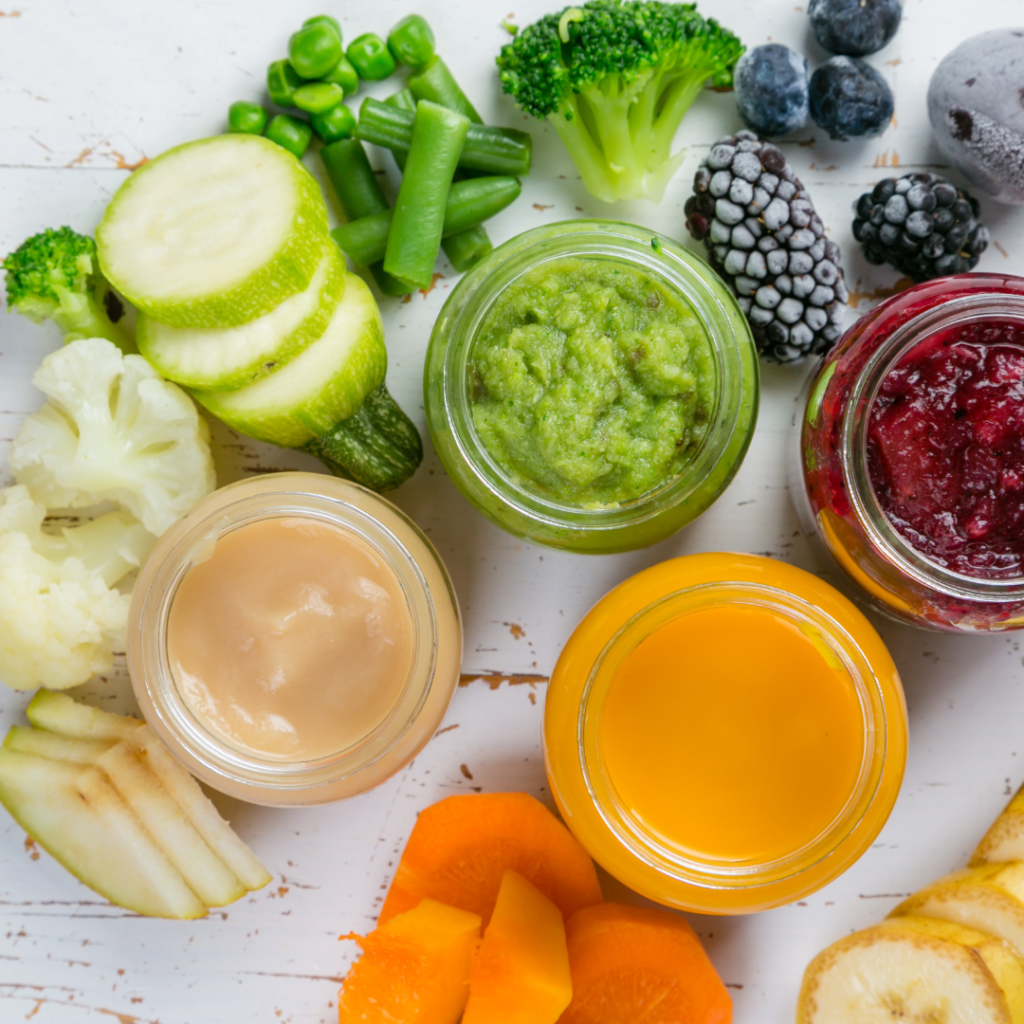Risks of Flushing Baby Wipes
The Dangers Posed to Household Plumbing
How many baby wipes does it take to clog a toilet? Flushing baby wipes down the toilet might seem harmless, but it’s far from it. When baby wipes enter household plumbing, they can cause serious issues. Their sturdy material does not break down like toilet paper, leading to clogs and backups. Pipes can become so blocked that water flow is obstructed, resulting in an urgent need for a plumber. This can also lead to unpleasant backflows, which are costly and unsanitary.
Over time, even a small number of wipes can accumulate and magnify the risk of clogs. These clogs can affect not just your home but can also contribute to larger blockages in your community. Remember, the convenience of flushing a wipe cannot match the inconvenience and expense of plumbing repairs.
Impacts on Septic Systems and Community Sewers
For homes with septic systems, flushing baby wipes is a major no-no. Unlike toilet paper, wipes do not disintegrate quickly. They remain largely intact as they travel through septic systems. This leads to clogs within the tank itself, affecting its function and potentially causing a system failure.
In community sewers, flushed wipes bond with grease and other waste, creating massive blockages known as ‘fatbergs’. These can be as hard as concrete, blocking sewers and causing overflows. Municipalities spend millions annually to address these issues, leading to higher costs for taxpayers too. For the community’s health and the protection of the environment, it’s crucial to avoid flushing wipes.
Environmental responsibility starts with simple steps, like proper disposal of baby wipes. Knowing how many it takes to clog a toilet isn’t as important as understanding that even one is too many. Keep wipes out of the toilet to safeguard home plumbing, protect septic systems, and prevent sewer blockages.
Misconceptions About ‘Flushable’ Wipes

The term ‘flushable wipes’ is widely misunderstood. Many believe that these wipes, marketed as safe to flush, will not harm plumbing systems. However, this is not the case. ‘Flushable’ wipes may go down the toilet, but they don’t break down easily like toilet paper. This can cause significant clogs and expensive damage to pipes and sewage systems. Consumers should approach the flushable tag with skepticism and caution.
Understanding the Flushable Wipes Industry
The wipes industry emerged from baby wipes. As adults began using wipes, demand increased. Companies then introduced ‘flushable’ wipes to reduce waste and add convenience. Despite their benefits for personal hygiene, these products pose a risk to sewage systems. People’s preference to not see used wipes in their trash bins pushed the popularity of supposedly flushable variants.
The Reality Behind Flushable Wipe Claims
‘Flushable’ wipes are often far more durable than advertised. Their strength means they persist in pipes longer than toilet paper, leading to severe plumbing problems. Misleading claims have even led to class action lawsuits against manufacturers. The durability designed for cleaning efficiency becomes a major flaw when it comes to sewer disposal. Recognizing that these wipes don’t disintegrate rapidly is key to avoiding costly plumbing issues.
Consequences of Flushing Non-Flushable Items
Flushing non-flushable items like baby wipes causes serious problems. These items do not dissolve quickly and can lead to major plumbing issues. Understanding these consequences is important for every homeowner.
Fatbergs and Sewer Blockages
When wipes and other non-flushable items mix with grease, they create large blockages called fatbergs. These blockages can be as hard as concrete. They clog sewers and can cause overflows. Big cities often spend millions to clear these blockages.
Potential Repair Costs and Legal Actions
Homeowners may face expensive repair costs if non-flushable items clog their plumbing. Cities may also take legal action. Companies claiming wipes are flushable face lawsuits for false advertising. These costs affect everyone, leading to higher water bills and legal fees.
Alternatives to Flushing Wipes

Finding safe methods to dispose of baby and adult wipes without harming plumbing is key. This part of the post delves into alternative disposal methods that are better for both your household plumbing and the environment.
Proper Disposal of Baby and Adult Wipes
It’s clear that even one baby wipe can lead to plumbing problems. The best way to dispose of baby and adult wipes is to throw them in the trash. Ensure the trash bag is securely closed to prevent odors. If needed, invest in a small step-on trash bin to keep near the toilet. This makes it convenient to dispose of wipes correctly.
When disposing of wipes, do not compress them. Compressing wipes increases the chance they might spill from an overfilled trash can. It’s also wise to empty bathroom trash bins regularly to maintain hygiene and prevent overfilling.
Environmentally Responsible Practices for Wipe Disposal
Beyond simple trash disposal, consider reducing wipe usage altogether. Opt for cloth wipes or a bidet. These options can be reused and are less likely to harm the environment.
For environmentally conscious disposal, check if local recycling programs accept wipe packaging. The plastic containers and packaging for wipes often can be recycled. To be sure, clean and check the recycling symbols on the packaging.
It’s our responsibility to care for the environment. Even small actions such as proper disposal of wipes contribute to this. Remember, although wipes are convenient, their impact on plumbing and environment is not.
Public Response and Legal Actions
The issue of baby wipes clogging toilets has not gone unnoticed by the public. As the problem escalated, consumers began to express their frustration. This led to class action lawsuits targeting wipe manufacturers for misleading advertising. Consumers felt that products labeled as ‘flushable’ should not cause such extensive damage. These lawsuits highlight the disconnect between product claims and real-world impacts.
Class Action Lawsuits and Consumer Warnings
Due to the serious plumbing issues caused by supposed ‘flushable’ wipes, legal actions have arisen. The lawsuits accuse companies of false advertising, as their products do not disintegrate as advertised. As a result, ‘consumer warnings’ have increased. These aim to educate users on the dangers of flushing wipes down the toilet.
Lawsuits are a loud signal from consumers to makers of these products. They show a clear message: honesty in advertising is not optional. This is vital for customer trust and safety.
Changes in Regulations and Labeling Requirements
The drama of clogged pipes and the ensuing legal tussles prompted regulatory responses. Some regions are looking at tougher labeling laws. These would make product claims more transparent. Regulations may also enforce accurate labeling of wipes. This includes warnings against flushing them down the toilet.
New labeling requirements aim to prevent future clogs and associated costs. They are designed to protect consumers and city sewage systems. With these changes, it is hoped that there will be a drop in clogged sewers. Accurate labels can lead users to make better choices on how to dispose of wipes.
Professional Advice on Preventing Clogs

Expert plumbers are clear: do not flush baby wipes. They advise only toilet paper for flushing. With this simple habit, you can prevent many clogs. Here are more tips from pros.
Recommendations from Plumbing Experts
Plumbers recommend never flushing baby wipes, even if they claim to be flushable. Always toss used wipes into a trash can, not the toilet. This one action can save you from big repair costs.
Use a fine mesh screen over drains to catch wipe fragments. This can stop small pieces from entering pipes. Keep a waste bin close to the toilet to make proper disposal easy.
Teach all family members these rules. Remind them that wipes can block pipes even if they don’t see it happen. Post a simple note near the toilet as a friendly prompt.
Measures for Protecting Home Plumbing Systems
Securing your plumbing starts with mindful wiping habits. Make sure to only use toilet paper that dissolves fast.
If you have children, use a toilet lock to prevent them from flushing objects. Toilet locks are simple devices that keep the lid secure. They are easy to install and use.
Regularly check your toilet’s flushing power. If it seems weak, it might be time for a plumber to inspect it. Don’t wait for a clog to become an emergency.
Lastly, have a plumber’s number ready for quick help if you suspect a clog. Quick action can reduce damage and cost. Remember, prevention is key in plumbing care.




